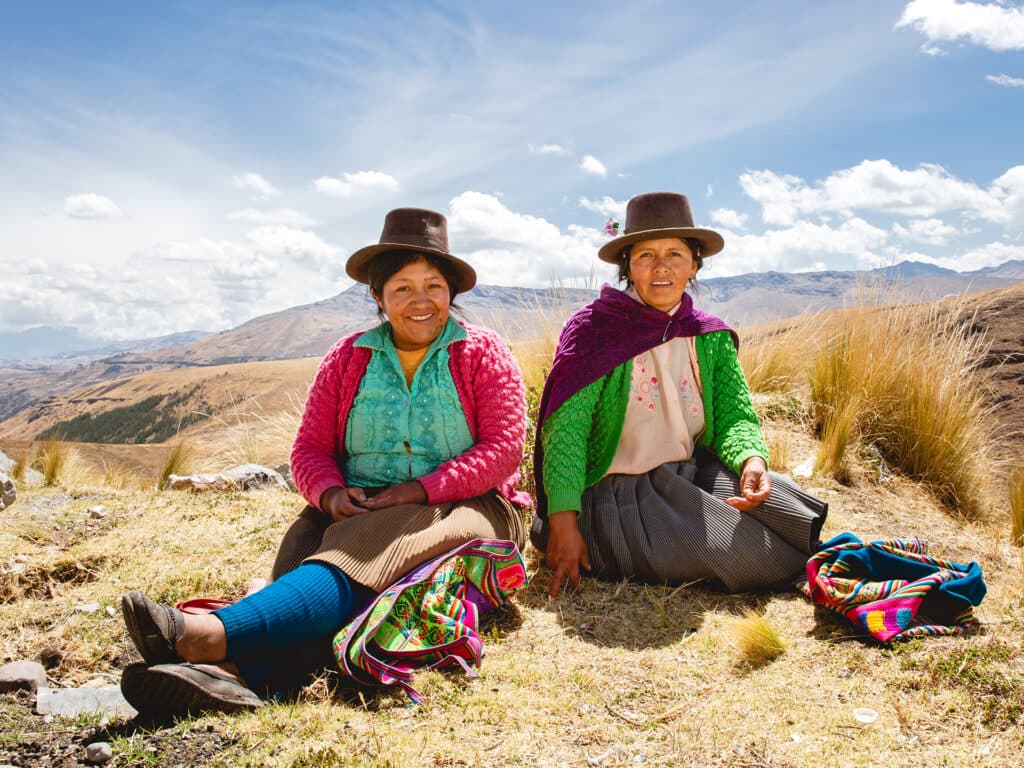
Guatemala
The gap between rich and poor is huge in Guatemala. More than half the population lives in poverty. Almost half of all children under five are chronically malnourished. Guatemala is severely ravaged by violence. The civil war that took place between 1960 and 1996 has left deep scars, and women and indigenous peoples have been particularly hard hit.
Guatemala is a country with 16 million inhabitants, made up of diverse indigenous peoples, mainly the Maya, Xinca, and Garífuna, alongside a mestizo population. The majority of its population is composed of women and youth. At Diakonia, we seek to contribute to strengthening democracy and climate justice, supporting indigenous peoples, women, and youth in their active participation in building a more just and sustainable future.
In Guatemala, we face two key social processes of change: strengthening democracy and climate justice. The arrival to power of President Bernardo Arévalo on January 14, 2024, opens a window of opportunity to restore democratic institutions, which have been undermined by previous governments. Additionally, his agenda prioritizes the environment and climate change, which is crucial in a country highly vulnerable to extreme climate events.
Indigenous peoples, women, and youth are key actors in these processes, with the potential to drive concrete actions to strengthen the legal framework, establish public policies, and meet Guatemala’s international commitments.
Our strategy over the last six years has focused on strengthening the key political subjects in Guatemala: indigenous peoples, women, and youth. We work to strengthen their capabilities in training, critical reflection, organization, mobilization, and advocacy through various initiatives, such as:
- Training and organizational strengthening: We promote the training of leaders in indigenous communities and women’s organizations to enhance their political advocacy capacities.
- Mobilization and social action: We support social organization and mobilization, contributing to the creation of networks and platforms that enable greater influence in political decisions at the local and national levels.
- Advocacy in public policies: We facilitate access and participation of these groups in the creation of public policies that respond to demands for climate justice, human rights, and democracy.

Diakonia in Latin America
Diakonia is present and have partner organizations in Bolivia, Colombia, Guatemala, Honduras, Peru and Paraguay. Our partners represent a broad variety of organizations working on different matters and at different levels.